Maryknoll OGC signs letter to Senate on Keystone XL pipeline
The Maryknoll Office for Global Concerns, along with many of our faith-based colleagues, signed the following letter that was delivered to every member of the U.S. Senate.

The Maryknoll Office for Global Concerns, along with many of our faith-based colleagues, signed the following letter that was delivered to every member of the U.S. Senate.

The following statement was written by the Most Rev. Donald E. Pelotte, S.S.S., Ph.D. and published in February 2005, during his tenure as bishop of the Diocese of Gallup, NM.

MOGC applauds administration’s efforts to reduce methane emissions.
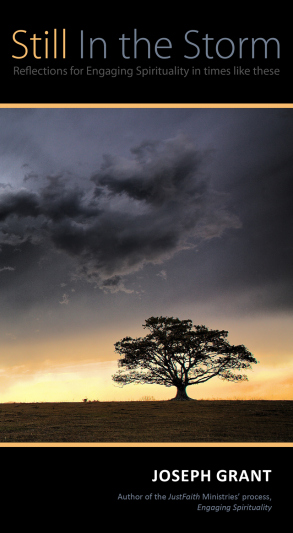
Resources listed in the January-February 2015 NewsNotes.

The much anticipated 20th UN Climate Change Conference of Parties (COP20) in Lima, Peru, closed on December 14 with less-than-hoped-for outcomes.
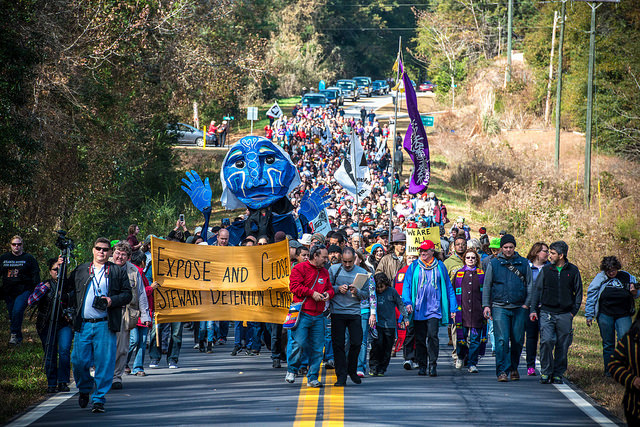
On November 21-23, over 2,000 people gathered at the gates of Ft. Benning in Columbus, GA to commemorate the 25th anniversary of the murders of six Jesuits, their housekeeper and her daughter at the Universidad Centroamericana (University of Central America, UCA) in El Salvador. Those responsible for the massacre were military leaders who had trained at the U.S. Army School of the Americas (SOA), located at Ft. Benning; the program has been re-named the Western Hemisphere Institute for Security Cooperation (WHINSEC).
Despite statements like President Obama’s in his 2012 State of the Union address, that “we have a supply of natural gas that can last America nearly 100 years,” analysts now predict that the U.S. will peak in gas production by 2020 at the latest.
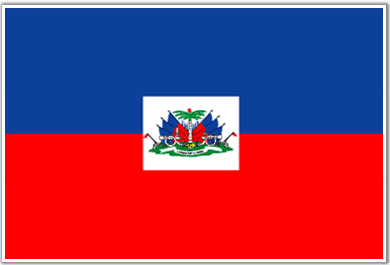
According to a formal protest to the World Bank filed on January 7 by the Haiti Mining Justice Collective, the Bank agreed to help the Haitian government rewrite its mining laws in March 2013, and several months later, a task force comprised of representatives of several government ministries and Bank experts began drafting a new mining law.
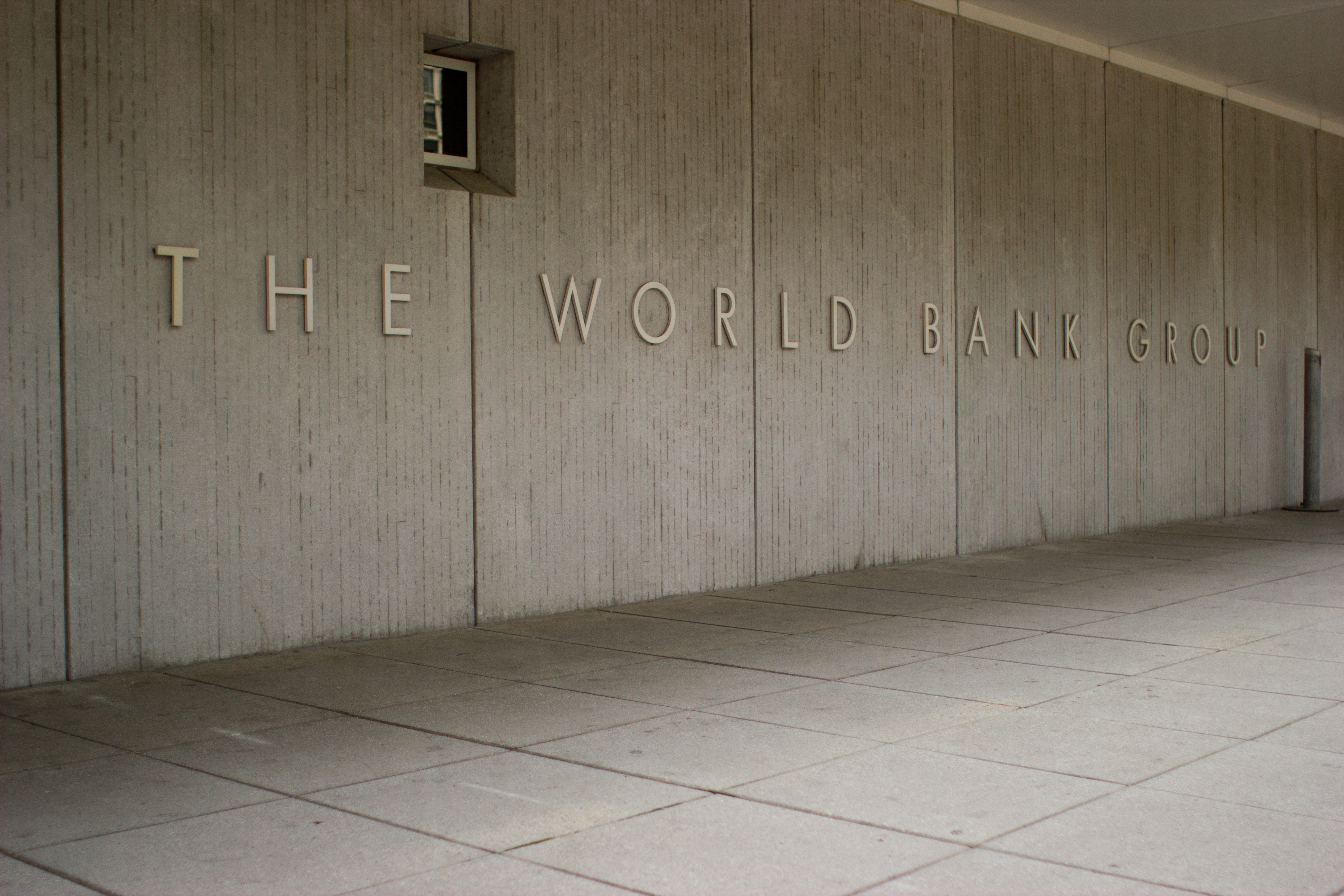
The World Bank is currently undergoing a review and overhaul of its safeguards policies with the intent to update and strengthen them.
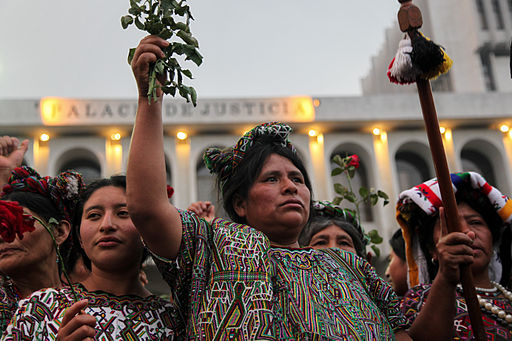
Former dictator Efrain Rios Montt’s retrial on charges of genocide and crimes against humanity was postponed, again, on January 5.

In Honduras, one of the poorest countries in the hemisphere, the government is in the midst of launching a radical neoliberal economic experiment that, aside from being highly unlikely to reduce poverty or inequality, or spur a kind of development that benefits people who are poor, constitutes a major violation of the rights of the Honduran people.

In December, the day after the Senate Intelligence Committee released its report on torture by the CIA, Brazil’s National Truth Commission published a similar study of government-sponsored torture carried out during that country’s military dictatorship from 1964-1985.
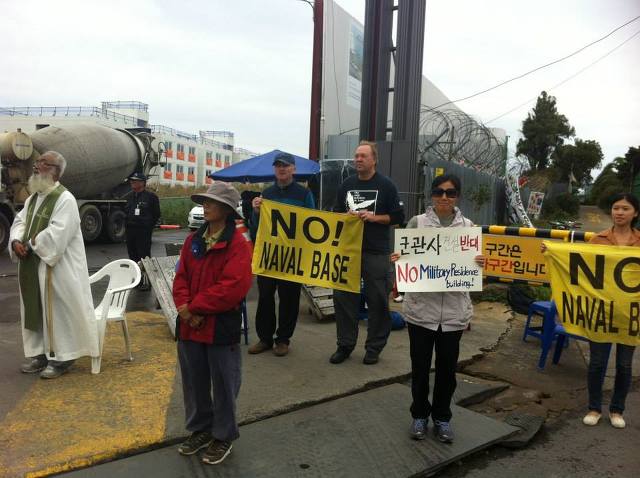
Despite popular objections to the government’s plans to build a naval base on South Korea’s Jeju Island, construction has moved forward, even as villagers have documented environment damage.
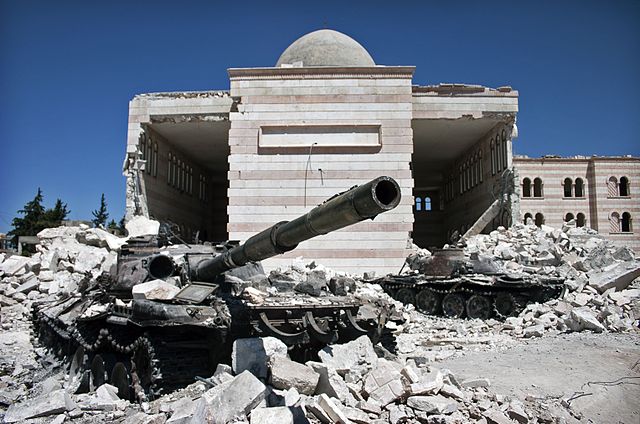
The following analysis is excerpted from Syria and Iraq Alert II, a recent analysis by PAX, the Pax Christi International member organization in the Netherlands.
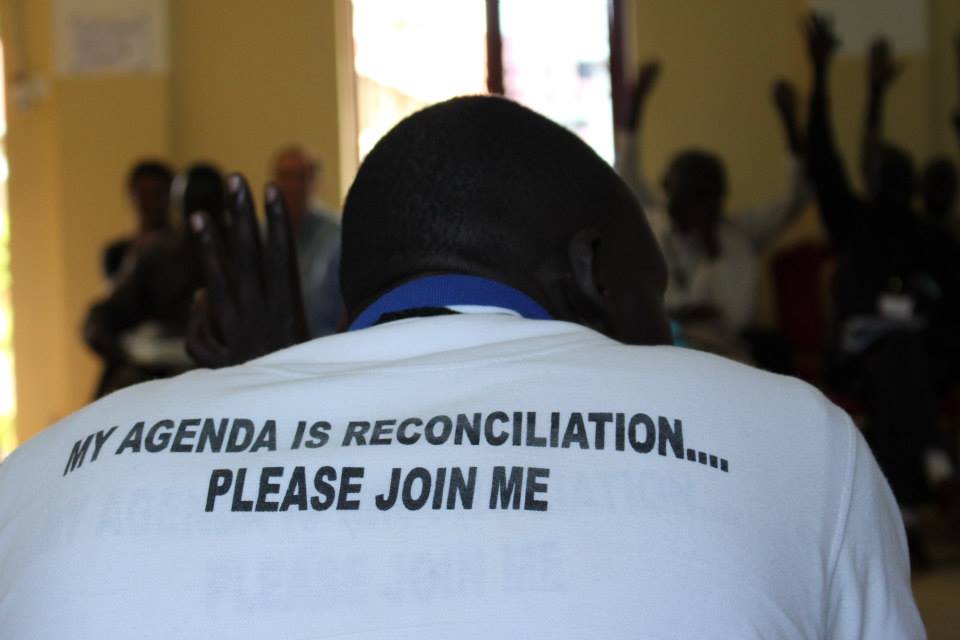
Some South Sudanese believe the long journey to peace and reconciliation has already begun.
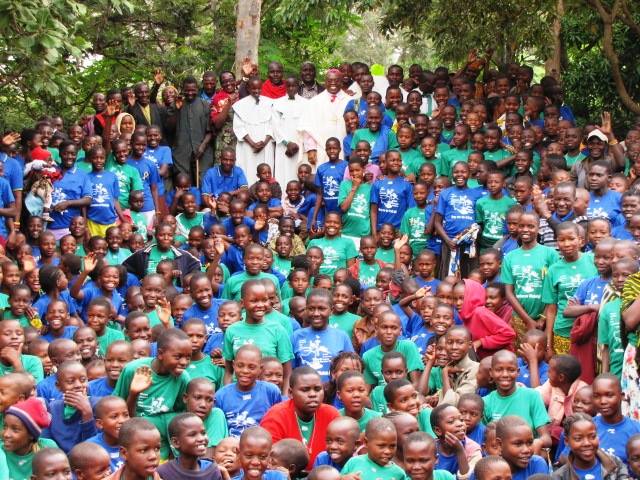
Lay missioner Liz Mach writes about her work in Tanzania, where the holiday time means the closing of schools and the return home of girls in order to undergo female genital mutilation (FGM).
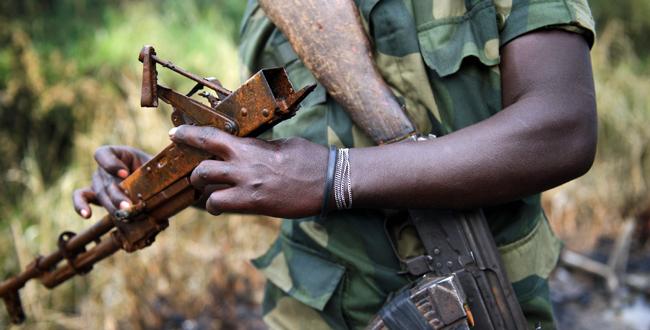
Two seemingly contradictory trends have emerged in the security situation of several African nations: an increase in military spending and a decline in civil warfare.
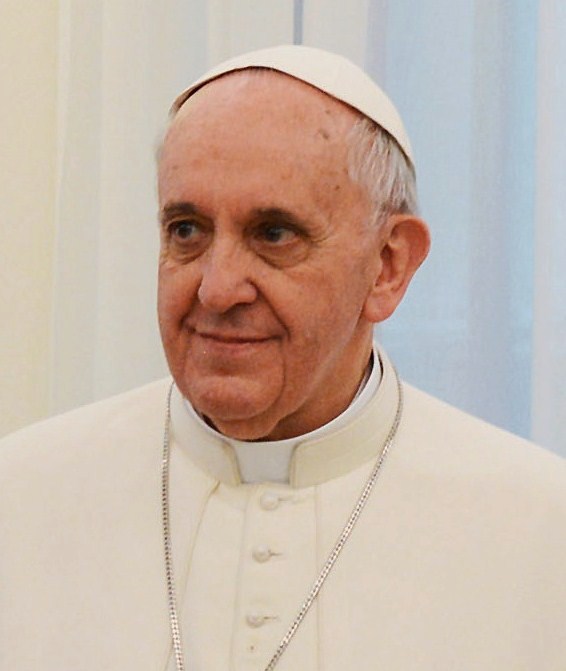
Pope Francis’ address for the World Day of Peace, January 1, 2015 was a strong condemnation of the various systems of slavery that deny our shared humanity.